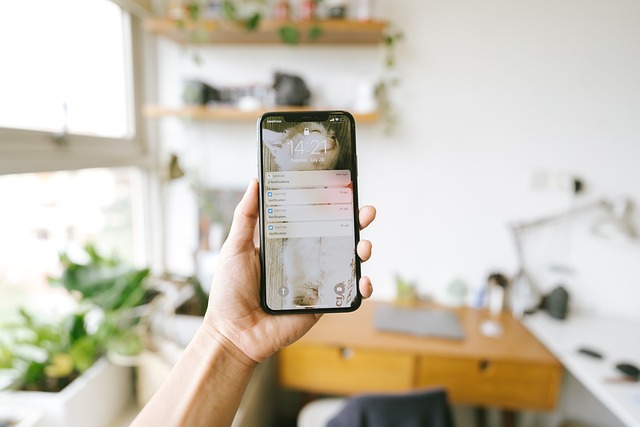Los Angeles' food halls, bustling hubs of culinary culture, face a modern nuisance in the form of robocalls, disrupting businesses and customers alike. In response, robocall attorney Los Angeles specialists are combating illegal calls, protecting vendors and consumers through legal strategies and technology. Food hall management collaborate with these experts to implement anti-robocall measures, fostering a safer environment and strengthening the community of small business owners.
Los Angeles’ food hall culture is a vibrant hub of culinary diversity, but it faces a silent threat—robocalls. These automated phone calls disrupt the customer experience and can harm vendor businesses. This article explores strategies to combat this issue, focusing on legal actions a robocall attorney in LA can take, innovative customer protection measures, and vendor support initiatives within the food hall community. Understanding these approaches is crucial for creating a harmonious environment where patrons enjoy meals without unwanted interruptions.
Understanding the Robocall Problem in Food Halls

In the dynamic culinary landscape of Los Angeles, food halls have emerged as vibrant hubs, attracting both local patrons and tourists alike. However, behind this bustling tapestry, a silent menace lurks: robocalls. Automated phone calls, often posing as legitimate businesses or even claiming to offer exclusive deals, have become a pervasive issue in these crowded spaces. Vendors, already navigating the complexities of food preparation and customer service, now face an additional challenge—dealing with unwanted and intrusive robocalls.
The impact is twofold; vendors may experience a surge in unwanted calls, potentially disrupting their business operations and leading to increased stress levels. For customers, these robocalls can be frustrating, causing them to question the authenticity of offers and creating a negative perception of the food hall environment. Recognizing this growing concern, Los Angeles’s legal community has seen an uptick in robocall attorneys stepping in to protect both businesses and consumers from this modern-day nuisance.
Legal Strategies: What a Robocall Attorney Can Do

In the battle against unwanted robocalls, a robocall attorney Los Angeles plays a pivotal role in protecting both vendors and customers within the city’s vibrant food hall scene. These legal experts specialize in navigating the complex web of telecommunications laws to safeguard individuals and businesses from intrusive automated calls.
A robocall attorney can offer strategic guidance on identifying and blocking illegal robocalls, ensuring compliance with relevant regulations. They assist in drafting effective cease and desist letters, enabling food hall operators to assert their rights and protect their customers’ data. Moreover, these attorneys provide insights into implementing robust anti-robocall systems, empowering vendors to take proactive measures and create a more secure environment for their patrons.
Innovative Solutions for Customer Protection

In response to the persistent issue of robocalls, LA’s food halls are adopting innovative solutions to protect both vendors and customers. One prominent strategy involves implementing advanced call screening technologies that can identify and block automated calls, ensuring a smoother experience for all. These systems are often coupled with user-friendly apps that allow patrons to quickly report suspicious calls, empowering them to become active participants in the fight against robocalls.
Additionally, food hall management is collaborating with legal experts specializing in robocall litigation, such as renowned robocall attorney Los Angeles, to establish robust policies and procedures. By staying ahead of regulatory changes and leveraging legal avenues, these collaborative efforts aim to create a safer and more reliable environment for everyone involved, demonstrating the commitment to customer protection in today’s digital age.
Vendor Support and Community Collaboration

LA’s food halls are fostering a supportive environment for vendors, many of whom are small businesses owners. By prioritizing community collaboration, these hubs offer more than just dining experiences; they provide a network where vendors can connect, share resources, and learn from one another. This collective approach not only strengthens their collective resilience against common challenges like robocalls but also enhances their ability to navigate legal complexities with the help of local robocall attorneys in Los Angeles.
Collaborative initiatives, such as shared legal consultations and educational workshops, empower vendors to better understand their rights and take proactive measures against unwanted calls. This mutual support system not only bolsters vendor morale but also contributes to a thriving food hall ecosystem where trust and solidarity are the foundation for long-term success in the face of modern communication challenges.






